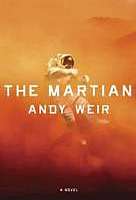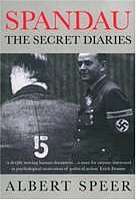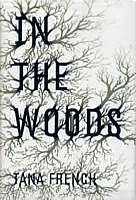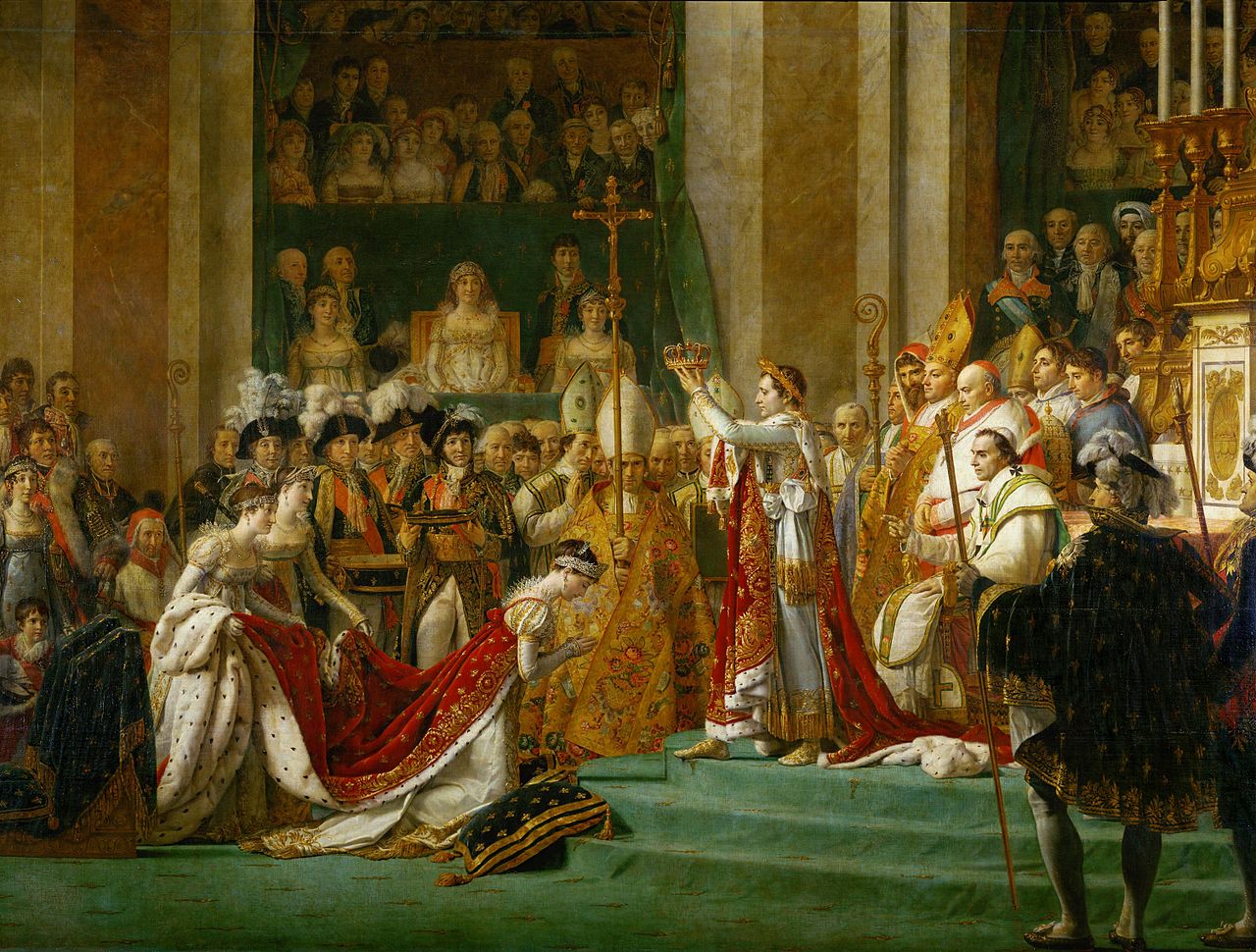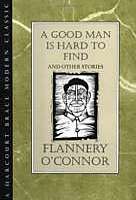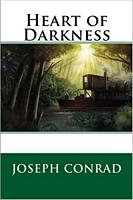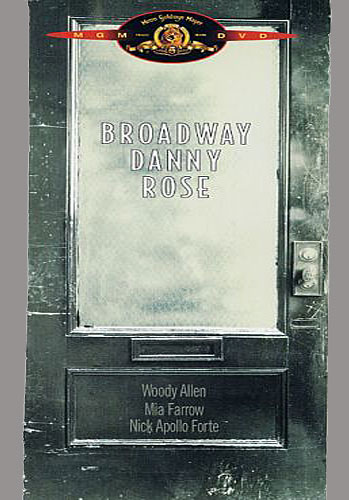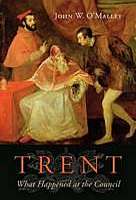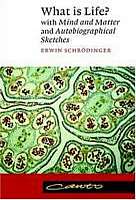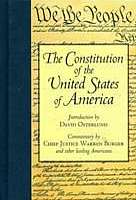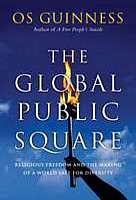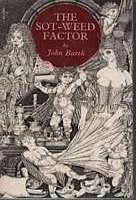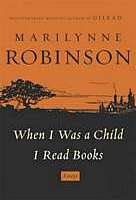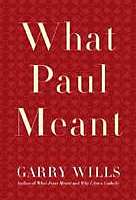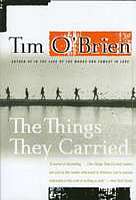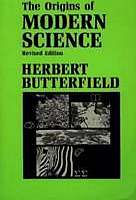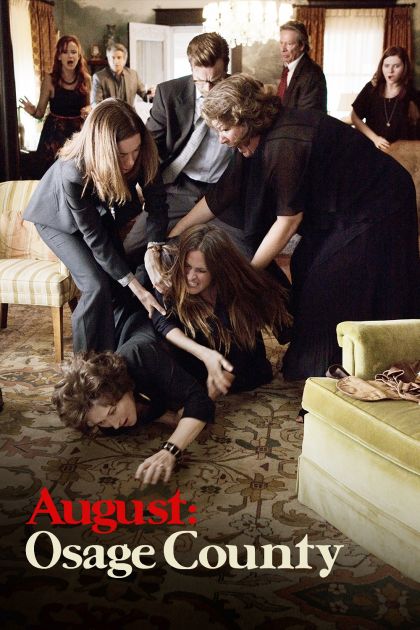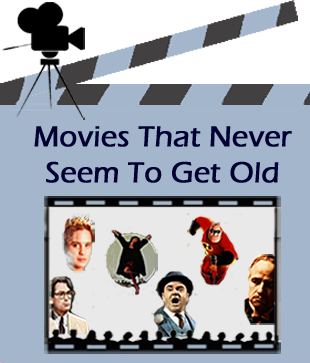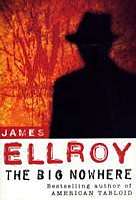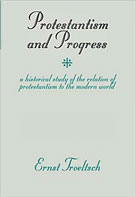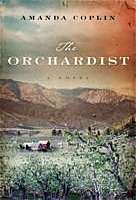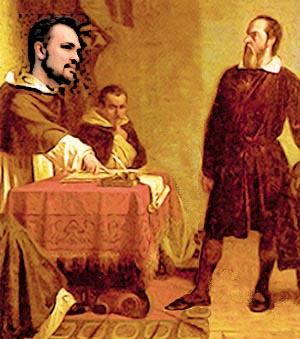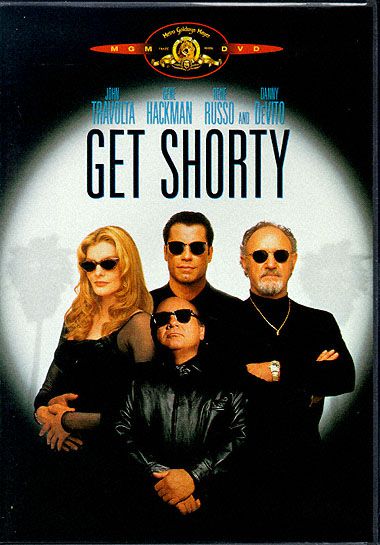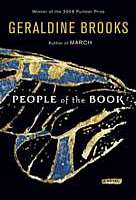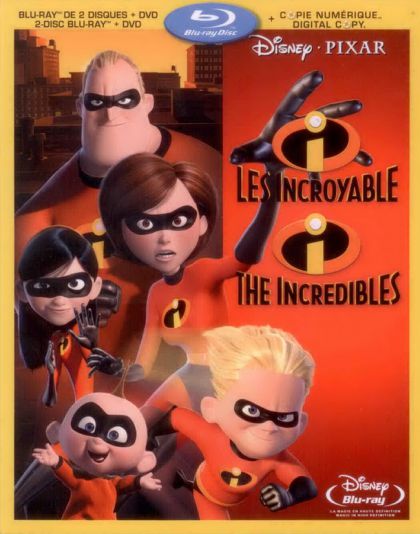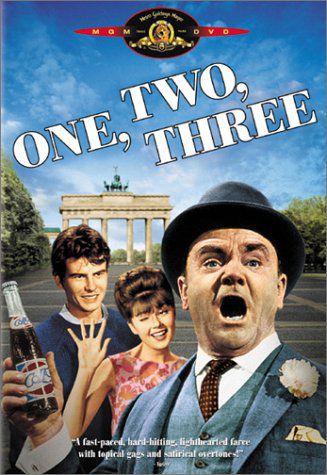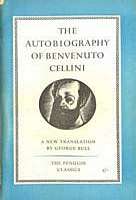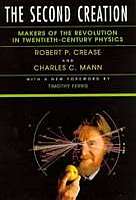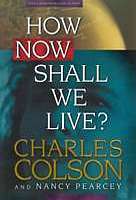 Reviews
Reviews
Marooned on Mars
This 21st century Robinson Crusoe tale works because the lone marooned astronaut's effort at survival on Mars is framed around the question: how would a dogged, highly knowledgeable engineer solve the existential crises that cropped up and live yet another day?
The smartest Nazi
Albert Speer, Hitler's personal architect and Reich Armaments Minister, kept a diary while he was in Spandau prison following his conviction at the post-war Nuremburg trials. These diaries provide a fascinating, hooded glimpse of the 'smartest man' in the Nazi leadership. At least, smart enough to evade the death penalty at the Nuremberg Trials.
Stuck at twelve
Rather than mainly a rational whodunit, Tana French's In the Woods is a psychological drama, an intricate set of well-executed character studies embedded in the story of a police investigation into a child murder.
Napoleon
 Napoleon: A Life, by Andrew Roberts. My early view of Napoleon was as a cartoon figure: A megalomaniac who tried to take over the world. I recall looking down at Napoleon's tomb in Paris in the company of my brother Craig, the two of us mocking his immense sarcophagus and elaborate surroundings, wondering aloud why the French would semi-deify such a bloody tyrant. The typical American republican conceits aside, we were woefully uninformed about much of the life of Napoleon.
Napoleon: A Life, by Andrew Roberts. My early view of Napoleon was as a cartoon figure: A megalomaniac who tried to take over the world. I recall looking down at Napoleon's tomb in Paris in the company of my brother Craig, the two of us mocking his immense sarcophagus and elaborate surroundings, wondering aloud why the French would semi-deify such a bloody tyrant. The typical American republican conceits aside, we were woefully uninformed about much of the life of Napoleon. Is the Lost Cause finally getting lost?
In a response to the recent furor over the Confederate flag and its removal from public grounds, Kevin Drum just nails it:
"Are we still arguing about whether the Civil War was really fought over slavery? Seriously? What's next? The Holocaust was really about Jews overstaying their tourist visas? The Inquisition was a scientific exploration of the limits of the human body? The Romans were genuinely curious about whether a man could kill a hungry lion? The Bataan death march was a controlled trial of different brands of army boots?"
A good man cannot be found
Within Flannery O'Conner's short story collection, A Good Man is Hard to Find and Other Stories, a good man is not just difficult to find, but impossibly so. Thank God I am not Flannery O'Connor. I would not trade her ability to tell a story, and she was uncommonly good in some ways, for her brutal and dismissive view of the world. Harshness, of circumstance and character, formed her viewpoint; what is also redeeming found little place in her stories. It appears in O'Connor one can only find redemption outside of humanity, and that is dispensed grudgingly, with the great violence of the Old Testament God.
Heart out of darkness
In Joseph Conrad's classic novella, Heart of Darkness, the sailor Marlow serves as the author's version of Coleridge's Ancient Mariner, compelled to tell his story of conscience to whatever audience he finds. The story he tells is indeed dark, and indeed about the heart, albeit mostly the lack thereof. Conrad takes apart the European colonial enterprise, particularly the carving-up of Africa in the nineteenth century, and strips bare all of the tales of adventure from those times and places, along with the high-flown language of imperialism which was used to mask the utter barbarity of the undertaking.
Pocket Review, Title Broadway Danny Rose, Studio MGM/UA, Rating 4.5,
Broadway Danny Rose: A movie that never gets old
The top of my Woody Allen movie list is reserved for Broadway Danny Rose'. The movie opens with a scene at the Carnegie Deli, with a bunch of (actual) Borscht Belt comedians swapping stories on a lazy afternoon, and one of them begins to tell Danny's story. Danny is a very small-time theatrical agent in New York City, kind of the Charlie Brown of agents, who never seems to get a break. He works his butt off for small-time acts: Balloon folders, waterglass musicians,one-legged tap-dancers, stuttering ventriloquists, and the like.
Trent: Too little, too late
Trent: What Happened at the Council, is a well-researched and well-told history of the Council of Trent, the mid-sixteenth-century Counter-Reformation centerpiece which produced the Catholic Church's response to the Protestant Reformation. This acount is carefully grounded in the complex politics of its times, placing the history of the Council in the balance- of-power tug-of-war, not just between reform movements within and without (Protestants) the Church, but among the nascent Ottoman Empire, the English Reformation, the Holy Roman Empire, the Papal States and the French monarchy.
The physical sublety of life
I recently re-read portions Erwin Schroedinger's amazing little book What is Life?, which was a post-war stimulus for a number of physicists to switch from physics to biology and look hard for a physical understanding of living organisms.
Hieronymus Bosch in L.A.
As a relatively new Angeleno, I thought it would be fun to read a detective novel that took place in Los Angeles. The Harry Bosch novels by Michael Connelly more than fit the bill. Hieronymus Bosch, is a Los Angeles police detective, and his stories take place mostly in Central, West Los Angeles and the San Fernando valley, the three areas of Los Angeles I am most familiar with.
So slender a thread
In one good hour the U.S. Constitution can be read from front to back. It is written in relatively clear language and still has the capacity to surprise.
Did Vermeer do it with mirrors?
 In his book Secret Knowledge: Rediscovering the Lost Techniques of the Old Masters, painter David Hockney has suggested that Vermeer and other hyper-realistic painters like Caravaggio used optical projection techniques to assist in the production of their startlingly real paintings. This has been met with a good deal of skepticism in the art world, in particular because the means and tools for the technique are not forthcoming.
In his book Secret Knowledge: Rediscovering the Lost Techniques of the Old Masters, painter David Hockney has suggested that Vermeer and other hyper-realistic painters like Caravaggio used optical projection techniques to assist in the production of their startlingly real paintings. This has been met with a good deal of skepticism in the art world, in particular because the means and tools for the technique are not forthcoming. Of ovules and ovaries
Flora of the Pacific Northwest is an excellent dichotomous key of indigenous regional flora. It served as one of my texts for a college class in Systematic Botany, which I feared would be deathly dull, and so proved the lectures, but the laboratory unexpectedly turned out to be a rewarding journey exploring the world without and the world within.
Halting steps to soul freedom
Os Guinness' The Global Public Square oscillates between a Utopian call for a universal human rights and a sectarian application of those rights, as if the author was of two minds, wrestling with the views of Roger Williams and James Dobson.
Candide in Maryland
The Sot-Weed Factor is a satirical tour-de-force with so much going on that I could hardly follow it all. The style is bawdy, witty, and often funny, a full-fledged imitation of a 17th century novel, complete with the full English vocabulary of the times, which by itself is a welcome challenge to parse. It has been described as a picaresque novel, and the main character is Eben Cooke, an over-educated and under-employed poet and virgin, a Candide-like character constantly bewildered by the world, swept along by events, too curious to make a decision about anything.
The capacious heart of Marilynne Robinson
Every few odd years Marilynne Robinson has produced a book of essays, notably Absence of Mind and The Death of Adam. The latest arrival is When I was a Child I Read Books: Essays. The best of Robinson shines in these latest essays: In them she lays out her vision of the American Dream, celebrating the strengths of the American way of life, marked by its liberality (individual freedom), sense of community, and generosity, each informed by a non-sectarian respect for the soul.
Paul, simply
In What Paul Meant, Garry Wills translates the authentic Pauline letters himself, and combines a careful translation of the koiné Greek with modern scholarship to suggest that Paul, who is the modern intellectual's favorite whipping boy as the man who distorted Jesus' message, is in fact a faithful interpreter of the Jesus of the Gospels.
The burden of combat
O'Brien's Vietnam combat experience and facility as a writer helped to illuminate the pervasive fear he and other combat veterans experienced, and the resulting distortions it had on their behavior. I found it difficult and compelling reading. It is a set of related vignettes, short-story-like, that explore the short bursts of violence and the long periods between fighting that weighed upon the soldiers of this combat infantry platoon. The loss of a comrade produced deep and long-lasting emotional effects for these men, including fantasies inspired by perhaps mis-placed guilt: 'If I only had done this, my comrade would still be alive.'
The Origins of Modern Science
Herbert Butterfield, in his book The Origins of Modern Science, tells the story of the development of modern science by focusing on the ideational changes in what is now referred to as science from the late Middle Ages until the advent of the French Revolution, with primary emphasis on the development of the modern understanding of motion. This is a brilliant choice, as it was the development of a robust physical and mathematical model of motion that allowed Newton to unite terrestrial and astronomical physics into a universal set of physical laws describing mechanics.
Movie Review, Title August: Osage County, Studio The Weinstein Company, Rating 2.5,
Days of Our Lives has an opening on their writing staff
August: Osage County is a tale of a family that lives in inherited emotional pain, most of them whom lash out and hurt rather than coming to help each other. There is some hint of redemption: Two in this circle become lovers, almost too late in life, finally finding some solace in each other and starting to create a life for themselves, moving against the unloving spirit that surrounds them.
Movies that never seem to get old
Re-watching a movie one night, it struck me that of the movies that I return to over the years, not all of them are great movies, at least based on typical top-ten criteria. Yet these for me are the movies that never seem to get old.Nightmares in L.A.
I decided to read one of James Ellroy's gritty L.A. noir detective novels. His Black Dahlia and L.A. Confidential were both made into films, the latter a very good one. Unfortunately, The Big Nowhere turned out to be not just gritty, but pornographically cruel and soulless.
The origins of modern society
Ernst Troeltsch was a fin de siècle Protestant theologian who wrote Protestantism and Progress: A Historical Study of Protestantism and the Modern World. This work, along with his friend Max Weber's The Protestant Ethic and the Spirit of Capitalism, both written just before World War I, are reasoned historical treatments of the influence of Protestantism on the perceived and potential progress of Western society. They provide effective contrast to the often simplistic and one-sided efforts by Protestant Evangelicals to do the same, such as Francis Schaeffer's How Should We Then Live?
The heart of the orchard
This is a well-structured novel of grief and solitude and of the damage of indifferent manipulation and violence, balanced against the friendship and care that can heal. The author depicts the inner life of people who are mostly isolated, via the point of view of an orchardist, as lonely, sometimes peaceful, and sometimes self-delusional or unaware.
Is the selfish gene dead?
David Dobbs recently suggested that the 'selfish gene is one of the most successful science metaphors ever invented; unfortunately, it’s wrong.' He purports to uncover a scientific trend in genetics that trumps the understanding of the central role the gene plays in biological evolution. To parrot the author, unfortunately, he’s wrong.My favorite inquisitor
 Since all other than orthodox is heretical by definition, it is thereby 'Bad Religion.' Ross, a practicing Catholic, argues that Christianity is a highly paradoxical religion whose orthodox views provide a necessary and hard won synthetic narrative providing the one true way. The argument is not very compelling, particularly as it contains the usual demagogic description of American society as corrupted, long in decline, whose only salvation is embracing his orthodoxy. (Yawn ... the ancient clarion call of the entrenched and the reactionary.)
Since all other than orthodox is heretical by definition, it is thereby 'Bad Religion.' Ross, a practicing Catholic, argues that Christianity is a highly paradoxical religion whose orthodox views provide a necessary and hard won synthetic narrative providing the one true way. The argument is not very compelling, particularly as it contains the usual demagogic description of American society as corrupted, long in decline, whose only salvation is embracing his orthodoxy. (Yawn ... the ancient clarion call of the entrenched and the reactionary.)Pocket Review, Title Get Shorty, Studio MGM/UA, Rating 4.5,
Get Shorty: A movie that never gets old
The wry premise of this movie: the best training for a Hollywood producer is loan-sharking.
Convivencia is a state of mind
Geraldine Brook's historical novel, People of the Book, tells the fascinating and uplifting story of how people of different faiths created and protected a Jewish book of worship known as the Sarajevo Haggadah for over five hundred years, a period marked by much religious conflict.
Pocket Review, Title The Incredibles, Studio Disney / Pixar Studios, Rating 5.0,
The Incredibles: A movie that never gets old
The best cartoons growing up were ones that were aimed at both kids and adults, like the Looney Tunes with Bugs Bunny and Daffy Duck, or the Rocky and Bullwinkle Show. The Incredibles manages this multi-layered presence with masterful ease at feature length.
Pocket Review, Title Dumb And Dumber, Studio New Line Home Entertainment, Rating 3.5,
Dumb and Dumber: A movie that never gets old
This movie just makes me laugh. Usually, movies that feature juvenile humor begin to pale at some point, but Jim Carrey holds my attention as a completely oblivious, selfish idiot.
Movie Review, Title One, Two, Three, Studio MGM/UA, Rating 5.0,
One Two Three: A movie that never gets old
This is a highly informed madcap comedy set in the heart of the Cold War, geographically and in time: Berlin of 1961, just before the Wall went up. Billy Wilder cranks up the pace from the beginning and leaves you out of breath at the end.
I, Benvenuto Cellini
Benvenuto Cellini was a master Florentine goldsmith and sculptor who lived and worked during the time of the High Italian Renaissance, and was also, by his lights, tougher and craftier than anyone around him, could take on many men with a sword and live to tell the tale, was a great lover, and so on. His is the most ebullient autobiography I have read, and so wonderful, and so full of life!
Humbled again by particle physics
This is a history of the development of the Standard Model of particle physics, circa 1986. It is well regarded by physicists for its sociological treatment, as well as its attempt to record the false starts and uncertainty that accompany leading edge science; certainly the personalities and their various collaborations and squabbles are vividly rendered. As to the science, it is particularly good in providing a pithy description of how a unified theory of electromagnetic, strong and weak forces gives rise to our description of the early events of the Big Bang theory.
The ghost of Schaeffer past
By the time Charles Colson got out of prison in the mid-70's, having been convicted for acts of political skullduggery during the Watergate scandal, he had converted to Evangelical Christianity. How Now Shall We Live was his best-seller, an homage to Francis Schaeffer's view of Western history. Schaeffer was a presuppositional millennialist who in the 1970's left the quiet life of a Christian intellectual to help lead the evangelicals to the heights of political activism we see today in the U.S.


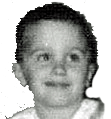 Old leaves drifting down, vermilion and ochre, resplendent in death.
Old leaves drifting down, vermilion and ochre, resplendent in death. READING
READING ARCHIVES
ARCHIVES CATEGORIES
CATEGORIES QUOTES
QUOTES